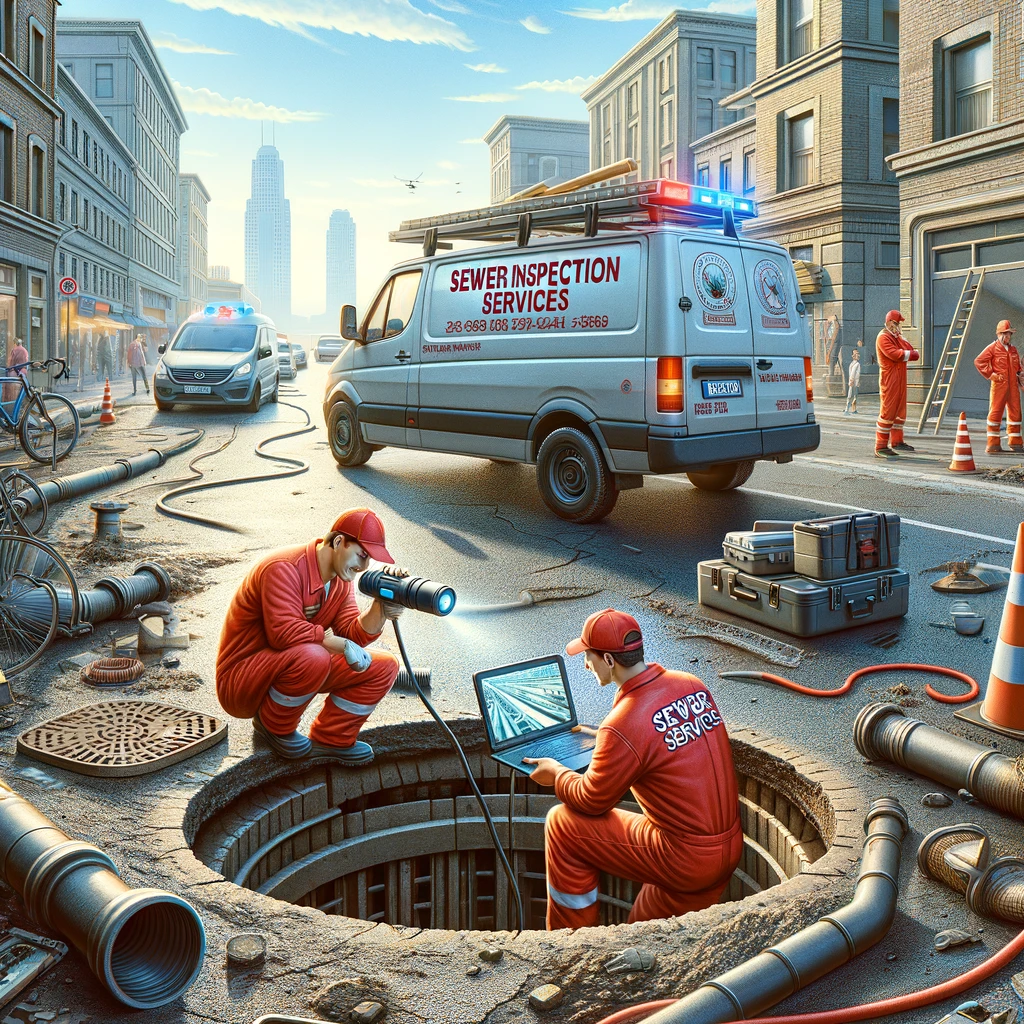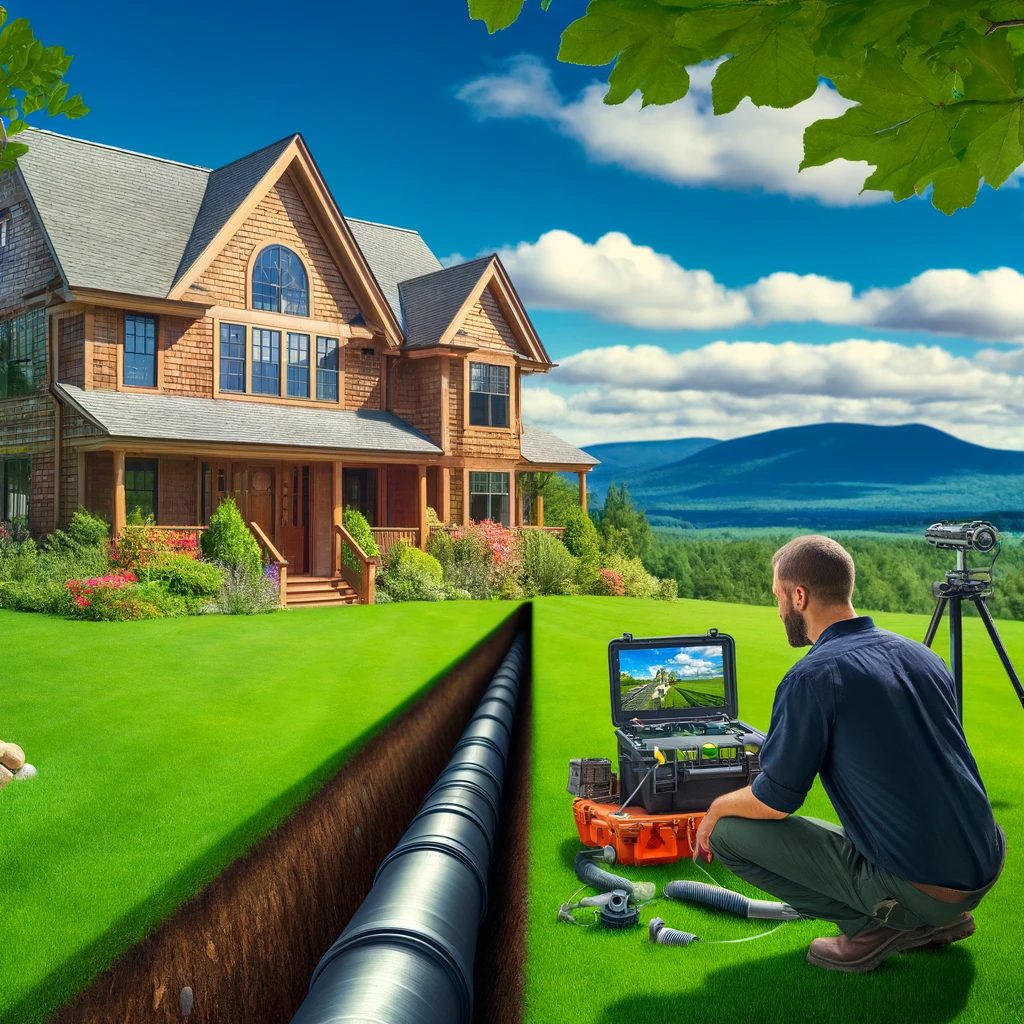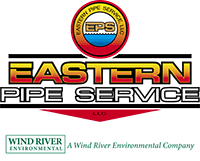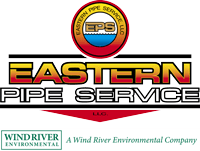Most people want to avoid unnecessary expenses. Home and yard repairs can be the most inconvenient and costly of them all. If you’re on city sewer, you probably don’t think about your sewer pipes all that often. But keeping your pipes working properly will help prevent unwanted surprises. An unexpected sewer line issue can be a huge financial burden for any property owner. The good news is that most of the costly repairs on sewer lines are avoidable. Here are some common sewer pipe problems and key things you can do to prevent them:
Tree Root Infiltration
First, don’t plant large trees or shrubs with deep or rapidly growing, or deep roots near your sewer line. These types of roots are large and strong and can very easily infiltrate and disrupt sewer line pipes. As you may have guessed, your pipes are filled with water and nutrients that are very attractive to trees. Plants will root deeper and deeper until they find the nutrients and moisture and will try to extend their roots into the pipes. The likelihood of a disruption happening if trees or shrubs are planted too close to the sewer line is very high. This type of disruption can clog the pipe and lead to a sewer line back up which is not only costly but also smelly (like rotten eggs).
To prevent infiltration, be sure to only use shallow-rooted plants that grow at a slow rate near sewer lines. (Such as tulips, Montauk daisies, and pansies). As an expert pipeline service, we advise always planting shrubbery at least 20 feet away from sewer lines to be safe. Some pipeline service providers may tell you that as little as a 10-foot distance is acceptable. However, planting trees and shrubs 20 feet or more away from pipelines doubles the chance that they will not infiltrate your pipes…and we prefer those odds. If by chance you think you already have a tree infiltration issue, check out our blog on how to save your sewer from tree roots to see how our Perma-Liner method can help!
Pipe Corrosion
Additionally, pipe corrosion is another very common and avoidable issue. When pipes become corroded, they often leak, break, and need repair or even replacement. While many modern systems are made with PVC pipes that are corrosion resistant, older properties will have sewer lines made with cast iron. Cast iron is known to corrode easier. If you want to know what your pipeline is made of contact us for an inspection. And by the way, you should be getting your sewer line inspected once every five years and we’ll check for any potential corrosion!
There are a few steps you can take to help prevent corrosion. First, avoid overusing caustic drain cleaners. This includes both Drano and Liquid Plumr. Also, if your water is hard, you may want to consider investing in a water softening system. Hard water can cause a buildup of magnesium and calcium and lead to corrosion. Finally, be careful about pouring grease down a sink drain or flushing it down a toilet. This can also cause waste build-up and corrosion. Instead, dispose of it in a container and throw it away in your trash.
Pipe Sagging
Finally, sagging sewer line pipes are another very common problem. Sewer line sagging typically occurs when the bedding underneath a certain section of the line settles more over time than the bedding under the rest of the line. This sag can cause waste to collect and clogs to occur.
While this sag can happen naturally due to shifts in soil from severe weather, proper sewer line installation can help. All sewer lines should be installed over large-grade gravel or sand so that proper support can be provided. Sewer line slope is also important. Be sure to choose a reputable company experienced in sewer line installation to help avoid sagging.
At Eastern Pipe, we strive to save our customers time and money. By following this guide, we are confident that you will be able to avoid some seriously costly repairs. Remember, the best way to prevent issues and identify them before they cause serious problems is to have regular inspections. Think you might be due for an inspection? Or, just want some general guidance, call us at 1-800-649-3877 or contact us here today!






